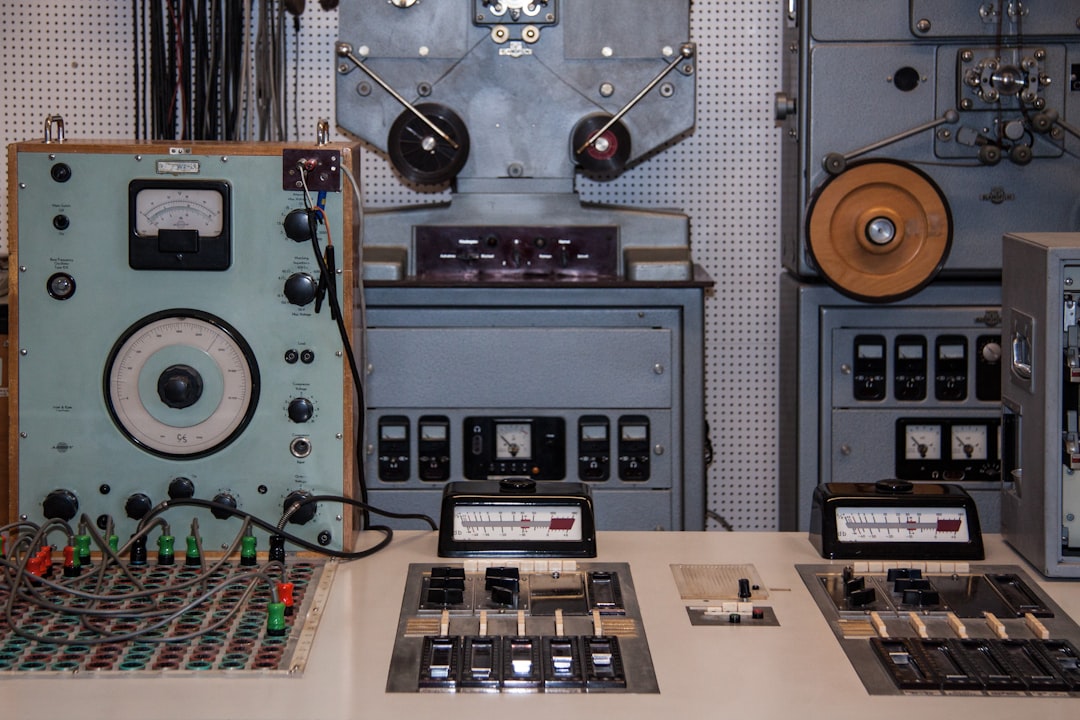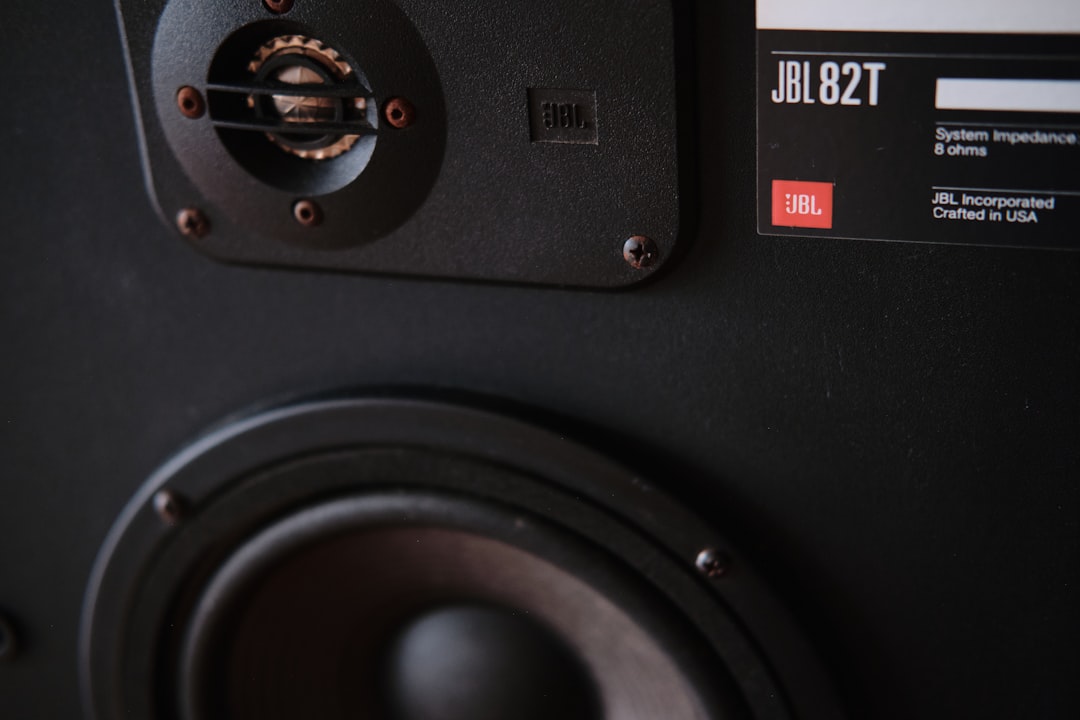If you’re a DJ—whether you’re spinning tunes at weddings, clubs, or festivals—your speaker system is one of the most critical components of your setup. Great sound can elevate a performance, while bad or malfunctioning audio can quickly clear a dance floor. Knowing how to identify and fix common issues with DJ speakers can help keep your gigs running smoothly and your audience dancing all night long.
1. Distorted Sound
Distortion is one of the most commonly reported problems among DJs, and it can occur for various reasons. Fortunately, it’s usually easy to track down and resolve.
Possible Causes:
- Overdriving the speakers: Playing music too loud for your speakers to handle can result in distorted audio.
- Clipping: When an amplifier is pushed beyond its limit, it “clips” the audio signal, leading to distortion.
- Faulty cables or connectors: A damaged XLR cable or TRS connector can introduce unwanted noise or distortion.
How to Fix It:
- Check the gain staging: Ensure that your mixer levels, controller output, and speaker volume are balanced.
- Inspect all cables and connectors: Replace any frayed or damaged components.
- Use a limiter: A signal processor with a built-in limiter can help control peaks and prevent clipping.

2. No Sound Output
There’s nothing worse than setting up your gear only to find out your speakers aren’t producing any sound. This problem can have several root causes, spanning hardware and software issues.
Possible Causes:
- Disconnected or faulty cables
- Power issues with the speaker or amp
- External mixer/controller settings
- Speaker blown due to overuse
How to Fix It:
- Check all connections: Make sure all speaker, power, and audio cables are securely plugged in and functioning.
- Test with another device: Plug in a known working input source like a phone or laptop directly to your speaker’s input.
- Inspect fuses and power supplies: Especially for active (powered) speakers, make sure the internal fuse hasn’t blown.
- Try different output channels: Sometimes it’s the mixer or controller channel, not the speaker, causing the issue.
3. Humming or Buzzing Noises
A persistent hum or buzz can be incredibly frustrating, especially in quiet moments or during speeches. This type of noise is usually related to grounding issues or interference.
Possible Causes:
- Ground loop issues
- Electrical interference from lights or other devices
- Unbalanced audio cables
How to Fix It:
- Use grounded outlets: Always plug your equipment into properly grounded power sources.
- Switch to balanced cables: Replace RCA or TS cables with XLR or TRS ones to reduce interference.
- Use a ground loop isolator: These inexpensive devices can remove unwanted hums in many cases.

4. Speaker Not Producing Bass or Treble
Sometimes a speaker may suddenly stop delivering bass or treble frequencies, causing your set to lose impact. This could be the result of issues with crossover circuits, EQ settings, or speaker damage.
Possible Causes:
- Incorrect EQ or filter settings
- Faulty crossover component
- Damaged woofer or tweeter
How to Fix It:
- Adjust the equalizer: Make sure your mixer or software isn’t filtering out certain frequencies.
- Inspect internal components: For passive systems, the crossover may need replacement. For active systems, the amplifier module might be at fault.
- Test individual drivers: Use a multimeter or sound test to check whether the woofer or tweeter is functioning.
5. Overheating
Speakers and amplifiers can overheat after prolonged or intense use, particularly if placed in poorly ventilated spaces. Overheating may trigger automatic shutdowns or steadily degrade sound quality.
Possible Causes:
- Inadequate ventilation
- Overpowered signal input
- Dirty or blocked cooling fans
How to Fix It:
- Move your speakers: Place them in more open areas away from walls or heat sources.
- Clean internal fans and vents: Remove dust and debris that might be clogging air pathways.
- Reduce input signal: Lower the gain or volume levels to reduce internal workload and prevent thermal shutdowns.
6. Rattling Sounds
Rattling or buzzing noises can be distracting, not to mention unprofessional. These noises often stem from loose components or enclosure issues within the speaker system.
Possible Causes:
- Loose speaker grill or mounting screws
- Worn-out speaker cones
- Vibration against nearby surfaces
How to Fix It:
- Tighten all screws and mounts: Check the cabinet, drivers, and grille for looseness.
- Isolate the speaker: Use foam pads or stands to reduce contact with vibrating surfaces.
- Replace any worn mechanical parts: If cones or surrounds are damaged, they may need professional replacement.
7. Bluetooth or Wireless Connectivity Issues
Many modern DJ speakers offer wireless options, which come with their own set of unique issues. Connection drops, latency, or compatibility errors can disrupt the flow of your set.
Possible Causes:
- Out-of-range operation
- Device compatibility issues
- Firmware bugs
How to Fix It:
- Stay within optimal range: Most Bluetooth speakers work best within 30 feet of the connected device.
- Update firmware: Check your speaker manufacturer’s website for updates that can fix known bugs.
- Use a wired connection for reliability: Cables may be old-school, but they’re far more dependable in live settings.
Final Thoughts
Your DJ career depends on consistent sound quality, and that means ensuring your speakers are up to the task. Many issues can be fixed on the spot with just a little know-how and preparation. Carry extra cables, regularly inspect your gear, and always test your setup before any performance. With proactive maintenance and a good ear, you’ll be able to troubleshoot and fix most common speaker problems yourself—keeping the music going strong.
